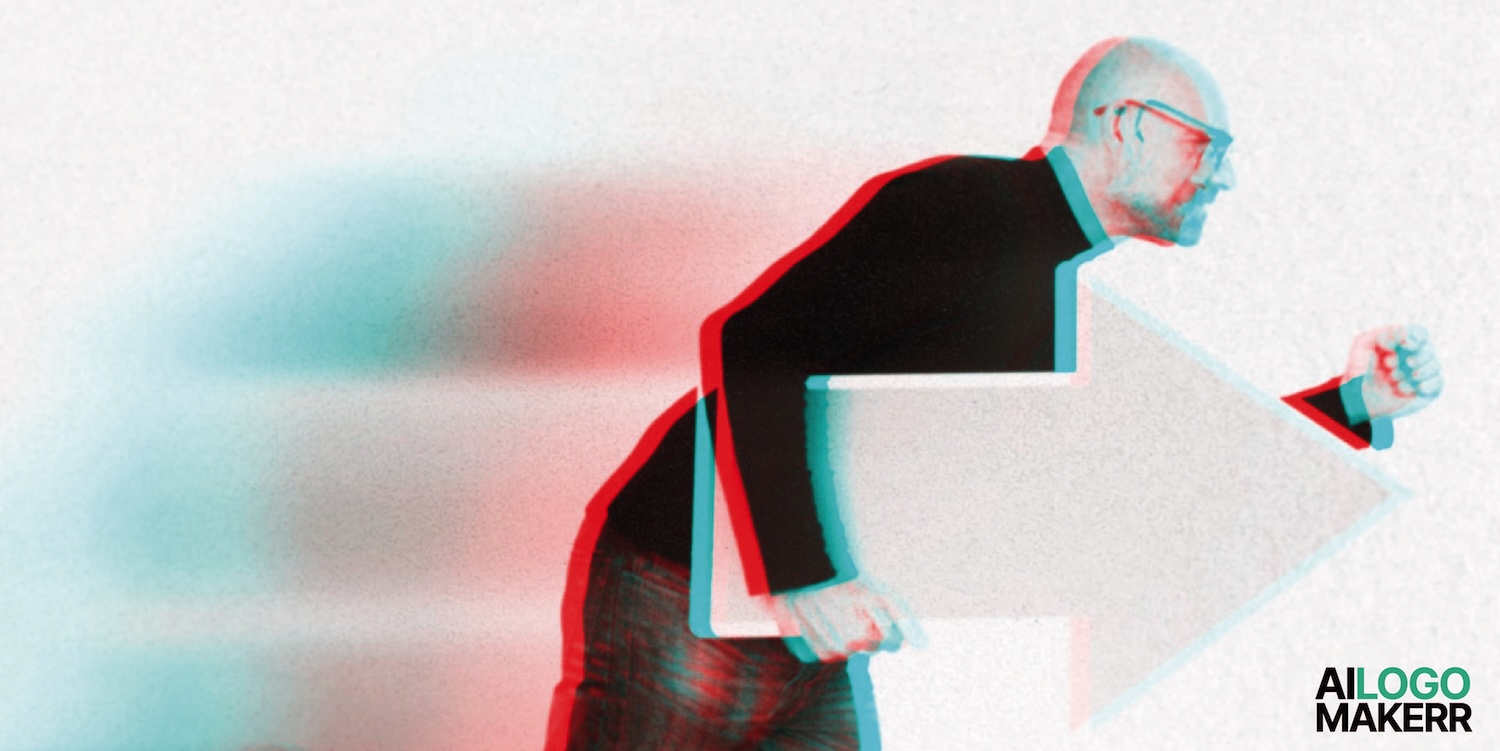Branding has traditionally relied on human creativity, intuition, and emotional intelligence. However, as we are in 2025, artificial intelligence (AI) has become central to reshaping how businesses work, develop, and maintain their brand identities. From AI logo maker to sophisticated market predictions, AI is enabling brands to operate faster, smarter, and with unprecedented precision.
This blog explores AI branding, detailing its core components, tangible benefits, real-world examples, and practical guidance for businesses ready to embrace AI in their branding strategies.
Understanding AI Branding
AI branding integrates artificial intelligence technologies—including machine learning, natural language processing, and generative design—to craft, manage, and enhance brand identities and messaging. Unlike simple automation, AI branding dives deeper, leveraging vast data sets to gain critical insights into audience preferences and behaviors, thus enabling highly targeted brand strategies.

Core Elements of AI Branding
AI-driven Logo Creation
AI platforms like Logomakerr.ai utilize algorithms to quickly generate distinctive, professional-quality logos tailored to specific industries and brand characteristics. These tools instantly provide options for typography, color schemes, and layouts, dramatically reducing the time and cost involved in traditional design processes.
Personalized Brand Communication
AI-powered writing assistants, such as ChatGPT and Jasper.ai, can craft consistent brand narratives, social media content, and personalized customer communications. By analyzing real-time user interactions and historical data, these AI tools help brands fine-tune messaging, enhancing resonance and engagement.
Brand Sentiment and Reputation Management
Real-time AI monitoring tools track brand mentions, reviews, and overall sentiment across various platforms. Companies can swiftly respond to emerging issues, capitalize on new opportunities, and continuously refine their brand narratives.
Visual Branding Automation
Advanced AI platforms maintain brand consistency by automatically generating branded visual assets. Tools like Adobe Express and Canva use AI to produce customized social media graphics, digital ads, and product packaging that consistently align with brand guidelines.
Predictive Brand Analytics
AI's predictive analytics forecast emerging market trends, consumer preferences, and brand performance outcomes. By using machine learning, businesses can identify the best-performing branding strategies, effectively minimizing guesswork and risk.
Content Optimization
AI systems optimize content creation and distribution by analyzing data on content performance. This helps brands produce high-quality content that effectively engages and converts audiences across multiple digital channels.
Customer Journey Mapping
AI-powered analytics tools comprehensively map customer journeys, providing brands with critical insights into consumer behavior and preferences. Understanding these journeys enables brands to deliver more personalized and targeted experiences, significantly improving customer satisfaction.
Advantages of Incorporating AI into Branding
- Efficiency: AI significantly accelerates branding processes, reducing tasks from weeks to mere minutes.
- Data-driven Insights: AI-powered branding decisions are grounded in extensive data analysis, ensuring strategies resonate deeply with target audiences.
- Scalability: AI facilitates the effortless replication of brand elements across multiple platforms, formats, and markets.
- Enhanced Personalization: Brands can dynamically tailor messaging and visuals for specific audience segments without sacrificing brand consistency.
- Cost Reduction: Minimizing the need for extensive creative teams significantly reduces overall branding expenses.
- Innovation: AI encourages innovation by providing new ideas and insights that human teams might not identify, keeping brands fresh and relevant.
Real World Success Stories of AI Branding
- Spotify: Utilizes AI-driven personalization to strengthen user connections through tailored playlists and branding messages.
- Nike: Deploys AI for customized product recommendations and targeted brand communication, enhancing customer experience and loyalty.
- Coca-Cola: Leverages AI to design hyper-localized advertising campaigns, effectively resonating with diverse global audiences.
- Amazon: Uses AI extensively for product recommendations and tailored marketing campaigns, significantly enhancing consumer engagement and increasing sales.
- Netflix: Applies AI algorithms to personalize content recommendations, creating unique user experiences that strengthen brand loyalty and reduce churn rates.
Practical Steps to Implement AI Branding
Step 1: Adopt AI Logo Generators
Begin with AI logo creator like Ailogomakerr.com to rapidly develop or refresh your visual identity without heavy design costs.
Step 2: Utilize AI for Brand Voice Development
Leverage AI writing assistants to establish and consistently apply your brand's unique tone across all customer interactions.
Step 3: Automate Visual Brand Consistency
Employ AI-powered platforms to generate and manage consistent brand visuals for all digital and physical marketing channels.
Step 4: Monitor and Respond with AI Insights
Incorporate AI tools to continuously monitor brand sentiment and reputation, enabling swift responses to customer feedback and market changes.
Step 5: Continuously Optimize Branding Strategies
Regularly feed your AI platforms with new data from user interactions, campaigns, and analytics. Continuous learning enables AI to refine branding strategies for optimal results.
Step 6: Train Your Team
Educate your team about the capabilities and limitations of AI tools, ensuring everyone understands how to effectively integrate these technologies into your branding strategy.
The Future Outlook for AI Branding
AI branding is no fleeting trend—it represents a fundamental shift in how brands interact with consumers. Future developments include:
- AI-generated product designs and packaging
- Virtual brand ambassadors with human-like interactions
- Fully automated marketing campaigns driven by dynamic AI insights
- Integration of augmented reality (AR) and virtual reality (VR) for immersive brand experiences
- Hyper-personalization enabled by advanced AI-driven data analytics
Brands unwilling or slow to adopt AI risk becoming obsolete as their competitors leverage AI to establish deeper, more meaningful customer connections.
Conclusion
AI branding represents a new era of innovation, allowing businesses of all sizes to strengthen their market positions through enhanced creativity, efficiency, and personalization. By integrating AI into their branding strategies, companies can achieve unprecedented levels of connection with their audiences, fostering loyalty and driving growth.
Ready to transform your brand with AI? Explore how tools like Logomakerr.ai can streamline your branding journey today.





.svg)









